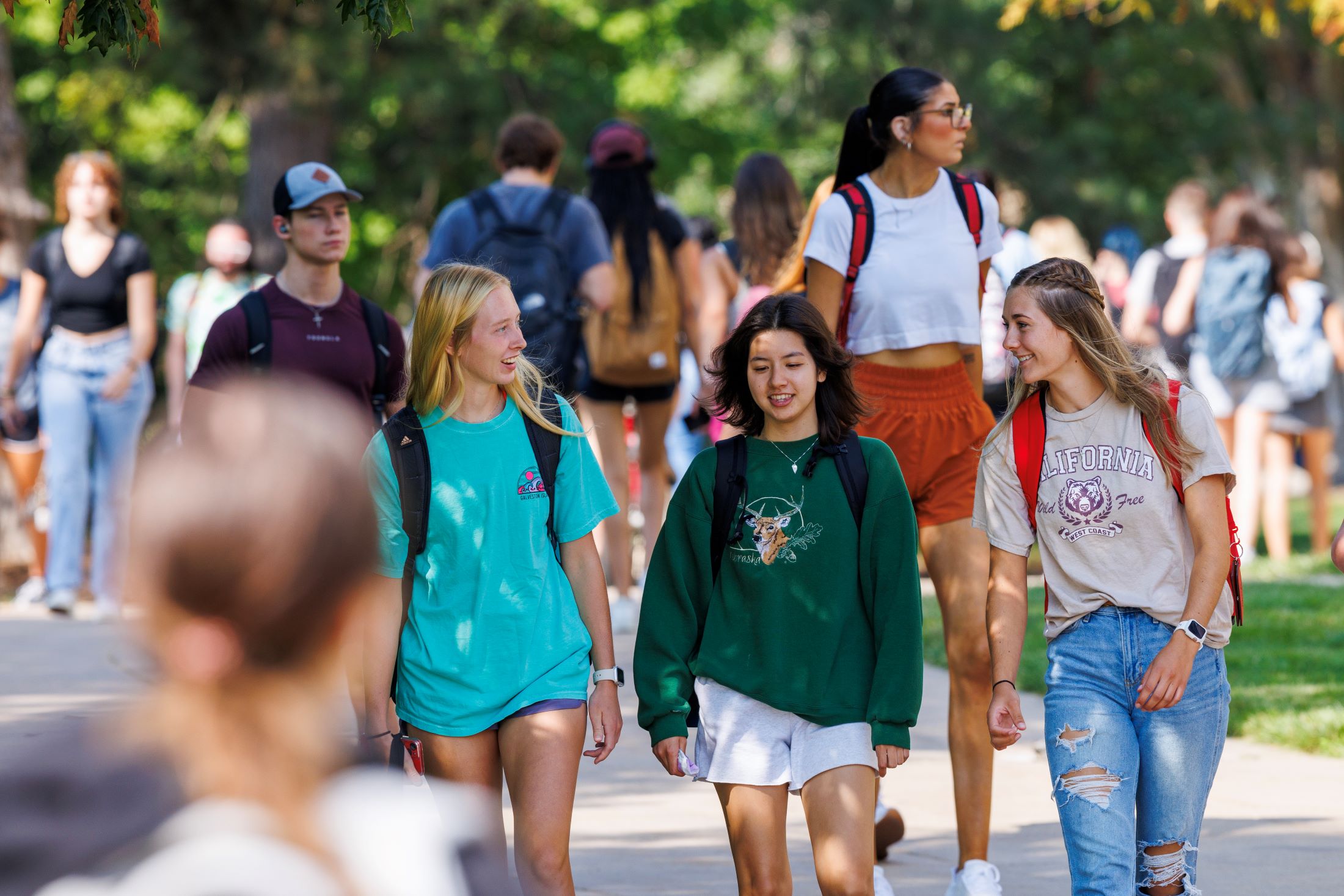Content
We are committed to offering courses that allow you to better understand and learn how to navigate some of today's most pressing challenges as you learn how to better advocate, negotiate, and relate across personal, professional, and public/civic contexts. Our courses are informed by cutting edge research around communication and health and well-being, public advocacy and civic engagement, and diversity, culture, and global communication.
Priority Registration: March 24 • Open Registration: April 9
Communication, Advocacy, and Global Citizenship
COMM 220 | Dr. Satveer Kaur-Gill
Have you ever wondered what does it mean to be a global citizen while residing in Lincoln, Nebraska?
This course will bridge the gap between local cultural initiatives and global citizenship, with an emphasis on what the vibrant community of Lincoln, Nebraska, has to offer in helping us chart our own approaches to being good global citizens. Guided by a global perspective on advocacy and social change, this course will empower you to think about your role on a global stage and how to communicate and advocate across diverse contexts. Learn the power of advocacy in addressing global and cultural issues within your community and beyond.
What to Expect
Students will discover their understandings and interpretations of global citizenship through weekly reflection quizzes, an individual essay on conceptualizing global citizenship in today's world, and a photovoice project aimed at discovering what Lincoln, Nebraska has to offer our understandings of global citizenship.
You will get to visit several cultural events in Lincoln, Nebraska!
ACE 8
Register in MyRed
Communication, Medicine, and Health Equity
COMM 364 | Dr. Angela Palmer-Wackerly
Did you know that communication plays a role in determining who receives quality health care and who doesn't?
In this course, you'll learn how to analyze and explain how communication intersects with multiple factors (not just individual behavior) to result in health disparities, or preventable differences in health outcomes and healthcare access. We will examine sociohistorical and current factors that contribute to health care systems so that collectively, we may become more knowledgeable and effective advocates of improving health and well-being for yourself and others.
What to Expect
You will complete assignments by yourself and with others to increase your awareness of others' health experiences, especially if different from your own, through 1) course readings, 2) in-class learning activities and class discussions, 3) small team discussions, and 4) creative projects that show how your team would like to improve health equity. In these assignments, you'll explore theories, research papers, and skills associated with communicating about and improving health equity.
Certified "CAS Diversity in the US" course
Register in MyRed
Rhetorical Theory
COMM 400 | Dr. Justin Kirk
Rhetorical theory provides the perspectives and theories necessary to navigate an increasingly complex and polarized communication landscape.
In this course, students will develop an understanding of contemporary theories of rhetoric and produce an original research project applying or exploring those theories. Specifically, this course provides students with a vocabulary and conceptual toolbox for understanding cultural acts and artifacts.
What to Expect
Students can expect a lecture-driven class that encourages robust discussion of contemporary issues as they relate to theories of rhetoric. Students will be assigned readings and analysis assignments related to theories covered in the course and be asked to produce an original research paper by the end of the semester.
The Fall 2025 edition of Rhetorical Theory will focus on popular and contemporary music.
Register in MyRed
Intercultural and Intergroup Communication
COMM 311 | Instructor TBD
Do you want to improve your communication skills and competencies for personal and professional life in our diverse and global world?
Examine and enhance you understanding how our cultural and social identities (e.g., race-ethnicity, religion, political, regional identities such as rural and non-rural) influence how we view and interact in our personal, social, and cultural or global relationships. Students passing the class will fulfill ACE 2 or ACE 9 requirements depending on curricular needs of the student.
What to Expect
In addition to readings, discussion, and other in-class activities, students will have opportunities to engage in conversations or other events with those in our community from other cultural or social identity groups.
ACE 2 and 9
Cross-listed as ETHN 311
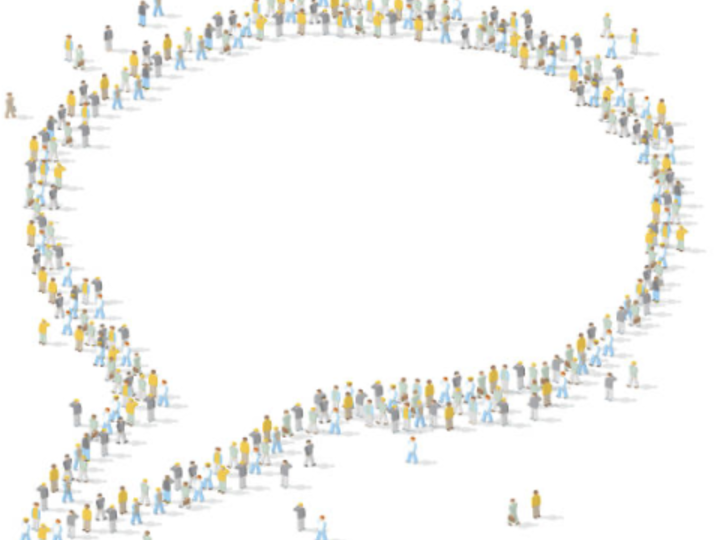
Communication and Consent
COMM 464 | Dr. Allison R. Bonander
Consent (in every context) is crucial: consensual actions that affect your body, image, likeness, and your personal autonomy are not just "nice to have", they're fundamental to healthy and respectful interactions with others.
Explore theory and practice of critical consent in a variety of contexts: including relational consent, informed consent, medical consent, digital footprint consent, and athletic name image likeness.
What to Expect
Students will learn how consent is theoretically perceived, as well as how to practice positive consensual models. All assignments in this course are designed to explore the nuances of critical consent from an emotionally and physically safe academic design. Know that this course is designed to be inclusive of all experiences and allow for application practice in a safe manner.
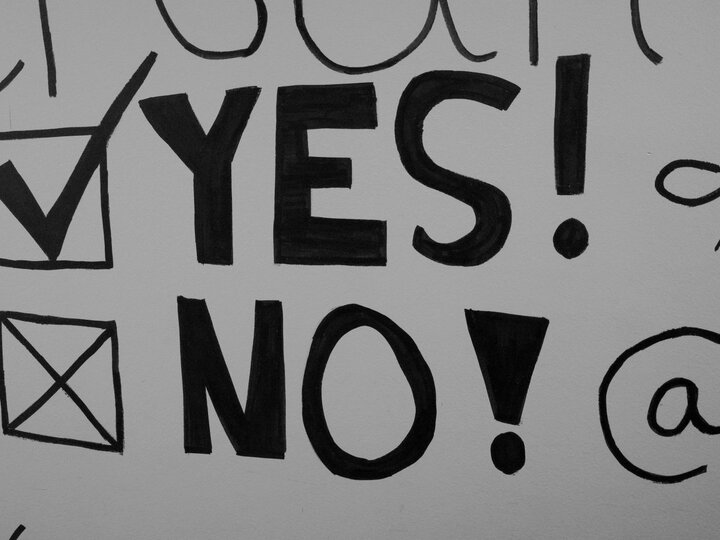
Music and Social Identity
COMM 465 | Dr. Jordan Soliz
Music is more than simply a beat or melody we listen to in that it is ever-present often playing important roles in our individual, relational, and social lives.
Through the "lens" of social identity and intergroup communication, we will explore how music (a) affects and reflects our identities and well-being, (b) shapes our views of the world, (c) connects and divides us, and (d) serves as a catalyst for social change.
What to Expect
Students will apply concepts and theories to historical and current considerations of music and society. Final projects will allow students to develop creative artifacts (e.g., podcasts, documentaries) that connect to personal and/or professional goals.
Certified "CAS Diversity in the US" course
Register in MyRed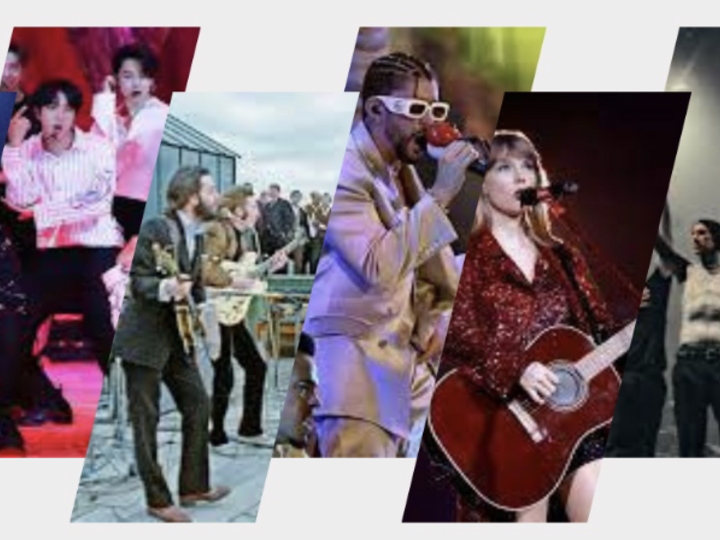
Health Communication
COMM 354 | Dr. Satveer Kaur-Gill
Health communication is a part of your everyday life - it affects and reflects your mental well-being, conversations with doctors, healthcare policies and the media messages you see about what's healthy (or not). Whether you're interested in healthcare, nonprofits, or you just want to better understand healthcare in the U.S., this course will help you analyze the messages, relationships, and structures that define our experiences with health.
What to Expect
Through group discussions, real-world case studies, and hands-on activities like creating a health campaign at UNL, you’ll learn how communication can influence health outcomes.
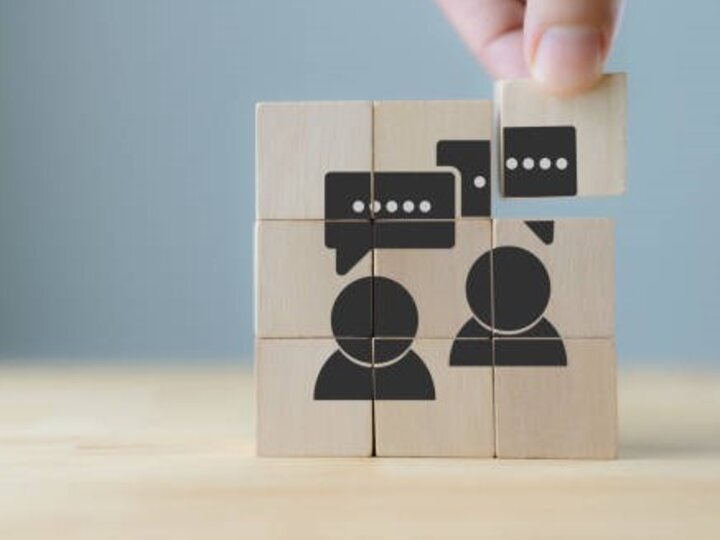
Organizational Communication
COMM 386 | Dr. Kathy Castle
Organizations are a central part of our lives - we connect with others through our schools, teams, clubs, greek houses, religious and spiritual organizations, employers, volunteer and community groups. The quality of those connections, the organizations themselves, and our experiences within them rely on our ability to recognize, understand, and leverage the power of communication in shaping them.
Students will learn how communication shapes and is shaped by organizations and to identify the ways in which communication creates an organization's culture and structures that shape how each member experiences and contributes. This will help them to better recognize, understand, and address areas for improvement and position them as potential leaders in their organizations.
What to Expect
Through reading, lecture, regular class discussion, case studies, and an organizational field study, students will have the opportunity to learn and apply course concepts that will prepare them to analyze, understand, and improve communication in the organizations.

